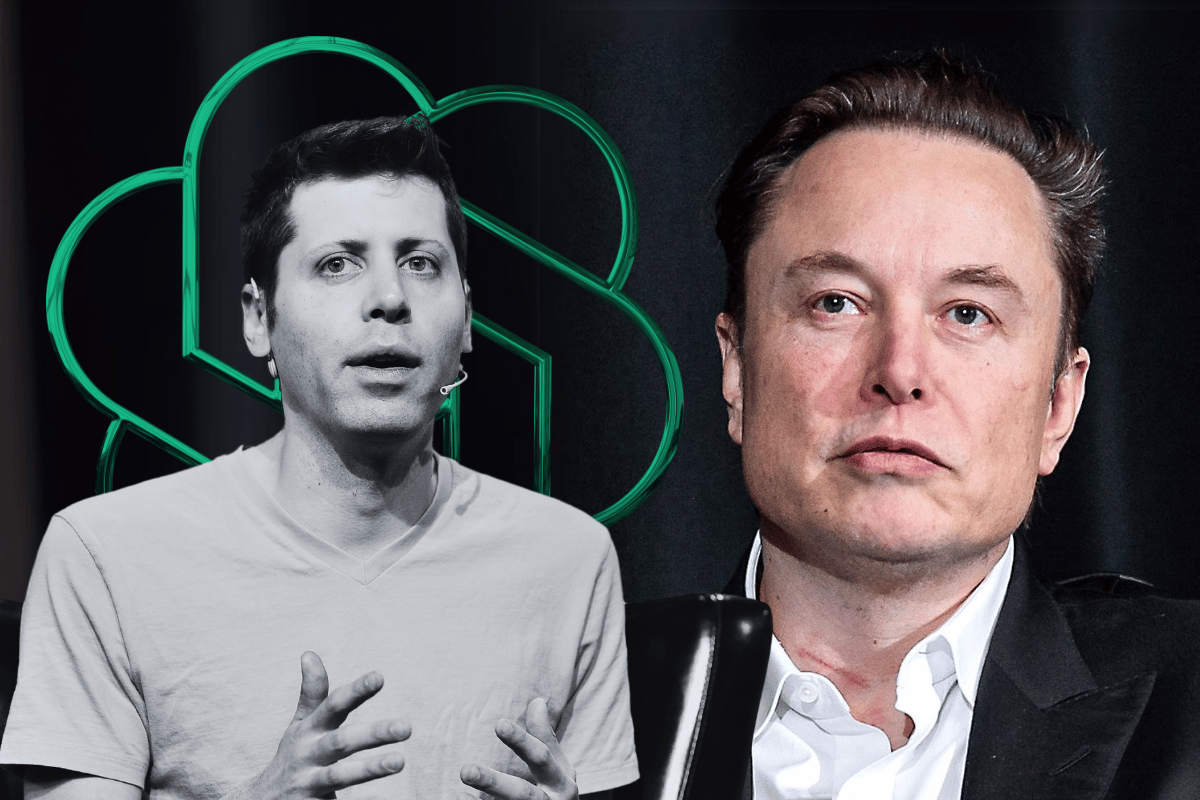Elon Musk files new lawsuit accusing OpenAI co-founders of profit-driven betrayal
Elon Musk, a name synonymous with innovation and disruption, has once again made headlines by reigniting his dispute with OpenAI and its co-founders, Sam Altman and Greg Brockman. This legal battle, less than two months after Musk withdrew an initial lawsuit filed in March, underscores deep-seated tensions about the direction and ethical considerations of artificial intelligence (AI).

The New Lawsuit: Altruism vs. Greed
On August 5, Musk’s legal team filed a new lawsuit in the federal court in Northern California, accusing Altman and Brockman of violating the founding agreement of OpenAI. Musk alleges that the co-founders have prioritized profits over the public good, a move that he describes as a classic clash between altruism and greed.
The lawsuit outlines Musk’s contention that Altman and Brockman misled him into co-founding OpenAI by exploiting his concerns about AI risks. According to Musk, the original vision sold to him was of a non-profit organization, funded and supported by him, which would attract world-class scientists to conduct leading AI research and serve as a meaningful counterweight to Google’s DeepMind in the race for Artificial General Intelligence (AGI).
Shift from Charitable Mission to Profit-Driven Focus
Musk alleges that instead of adhering to this charitable mission, Altman and Brockman shifted OpenAI’s focus to self-enrichment, exemplified by a lucrative partnership with Microsoft. Last year, Microsoft secured a non-voting board seat at OpenAI following Altman’s brief dismissal and subsequent reinstatement. This partnership raised eyebrows, especially after Microsoft relinquished its observer seat in July amidst intense regulatory scrutiny across various jurisdictions, including the United States.
The new lawsuit not only accuses Altman and Brockman of breaching their commitment to keep OpenAI’s technology open-source but also includes allegations of racketeering. Musk’s legal action seeks to “divest Defendants of their ill-gotten gains,” emphasizing his stance that OpenAI’s transition towards a profit-driven model is a betrayal of its founding principles.
Musk’s Role and Departure from OpenAI
Elon Musk co-founded OpenAI in 2015, significantly influencing its early growth through major funding, research guidance, and recruitment of top talent. However, he departed from the company in 2018, distancing himself from its evolving direction. Since then, Musk has been vocal about the existential risks posed by AI, advocating for responsible development and regulation.
In response to these concerns, Musk founded x.AI, a private for-profit company dedicated to developing an open-source AI model called Grok. This initiative reflects Musk’s ongoing commitment to advancing AI technology while addressing ethical considerations and mitigating potential risks.
Legal and Ethical Implications
The lawsuit filed by Musk raises important questions about the ethical and legal responsibilities of AI companies. As AI continues to evolve and integrate into various aspects of society, the balance between innovation, profit, and public good becomes increasingly crucial. Musk’s legal battle with OpenAI highlights the need for transparent governance and adherence to foundational principles, especially in an industry with far-reaching implications.
The outcome of this lawsuit could set a precedent for how AI companies navigate the tension between financial interests and ethical obligations. It underscores the importance of maintaining a clear mission and values, even as businesses grow and adapt to changing landscapes.
Conclusion
Elon Musk’s new lawsuit against OpenAI and its co-founders, Sam Altman and Greg Brockman, is more than just a legal dispute; it is a reflection of the broader challenges and ethical dilemmas faced by the AI industry. As AI technology continues to advance, the principles of transparency, accountability, and public good must remain at the forefront of its development. Musk’s actions serve as a reminder that even in the pursuit of cutting-edge innovation, the foundational values that guide these endeavors should never be compromised.







![[ℕ𝕖𝕧𝕖𝕣] 𝕊𝕖𝕝𝕝 𝕐𝕠𝕦𝕣 𝔹𝕚𝕥𝕔𝕠𝕚𝕟 - And Now What.... Pray To The God Of Hopium?](https://cdn.bulbapp.io/frontend/images/79e7827b-c644-4853-b048-a9601a8a8da7/1)



















![[LIVE] Engage2Earn: Save our PBS from Trump](https://cdn.bulbapp.io/frontend/images/c23a1a05-c831-4c66-a1d1-96b700ef0450/1)

























